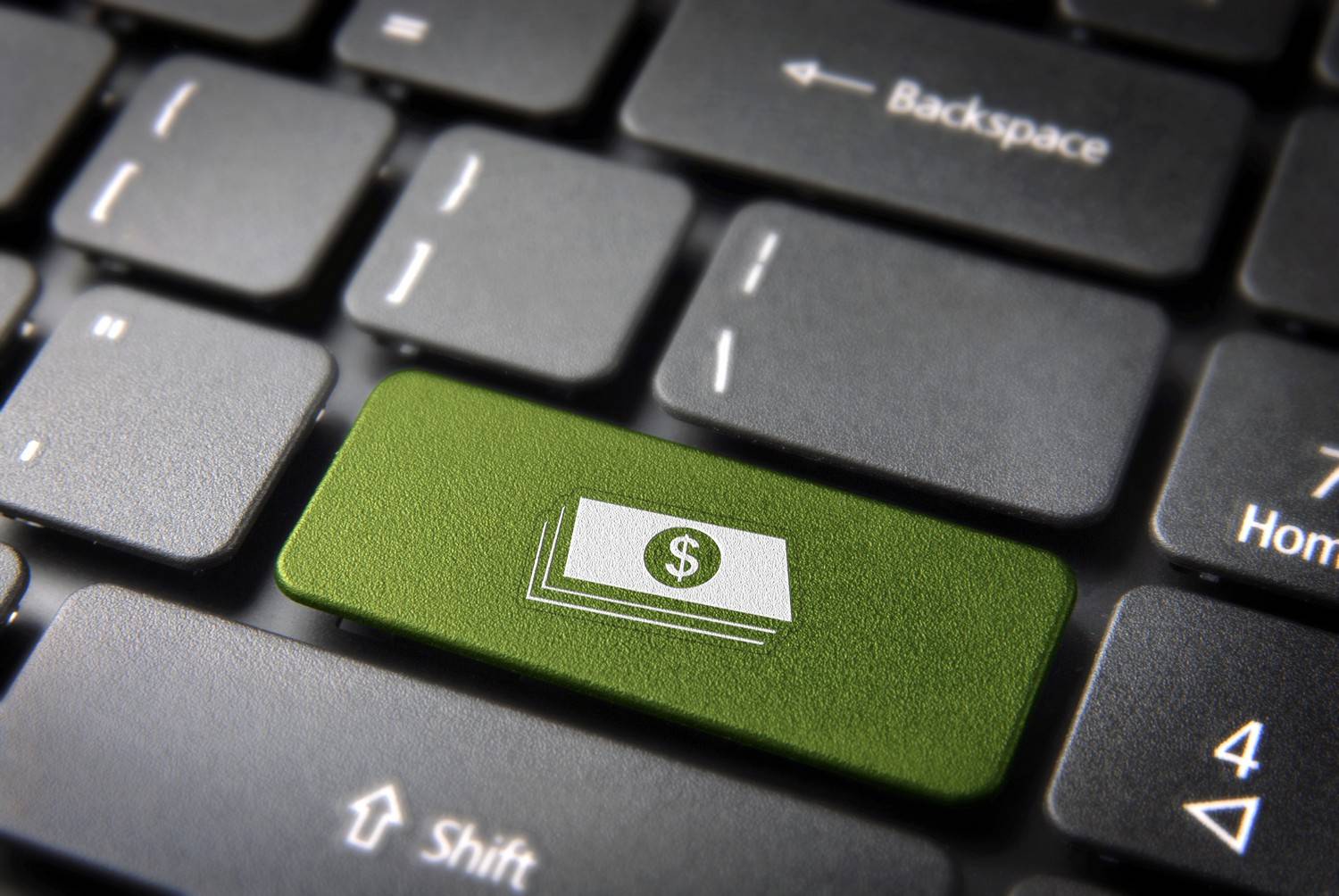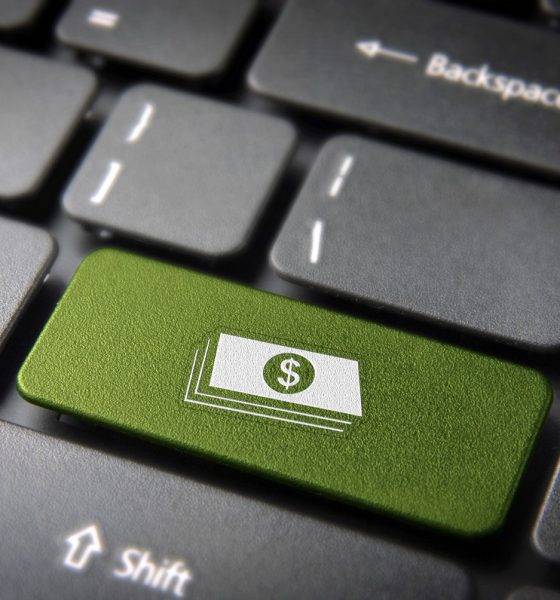

Technology
Digital Payment Platforms Primed to Topple Cash
With increased access to person-to-person (P2P) payment services, consumers across generational lines report they prefer to use mobile applications when paying other people as opposed to cash.
According to the recent U.S. Bank Cash Behavior Survey, 47 percent of consumers surveyed say they prefer the use of digital apps to make payments versus cash (45 percent). Breaking the results down by generations, 49 percent of millennials (aged 19-36), 44 percent of Generation X (aged 37-52), and 32 percent of baby boomers (aged 53-71) have made digital payments. That number is expected to grow with Zelle, a new P2P payments network that offers a fast, safe and easy alternative to checks and cash, says Gareth Gaston, executive vice president of Omnichannel at U.S. Bank.
“The incredible consumer response to digital and mobile banking solutions is changing the entire industry and diminishing the historic use of cash,” he said. “ATM withdrawals and branch visits are slowly declining, while mobile transactions are increasing dramatically year over year. In just the 30-day period since Zelle launched within the U.S. Bank Mobile App, the number of P2P payments sent by our customers have increased by more than 300 percent. It shows that the broad availability of free, easy-to-use and fast-acting technology is supplanting the need for cash.”
Carrying Less Cash
The U.S. Bank Cash Behavior Survey also found that consumers aren’t carrying much cash with them or using it for payments on a frequent basis. Overall, 50 percent of survey respondents reported carrying cash less than half of the time.
When they do carry cash, nearly half of consumers surveyed keep less than $20 on hand, and 76 percent keep less than $50. The instances where they spend this cash appear to be shrinking as well, with 46 percent claiming they use cash fewer than eight days each month, and 5 percent saying they never use it.
Addressing Consumer Concerns
Despite consumer preference for digital payments, only 43 percent of survey respondents reported making a P2P payment prior to the launch of Zelle. When asked about the obstacles to initial or more frequent P2P mobile payment use, consumers surveyed ranked security and fees at the top of their list, followed by immediate access to funds, risk and convenience.
Unlike the mobile payment systems offered by non-bank providers, Zelle, which is backed by U.S. Bank and other financial institutions, can directly address these issues.
“On top of secure in-app access, Zelle payments are sent and received directly between bank accounts and use a registered email address or mobile number—this avoids the introduction of a third party and vulnerability of account information,” Gaston explains. “It’s also important to note that every Zelle payment made by a U.S. Bank customer is protected by our U.S. Bank Online Risk-Free Guarantee. Together, these security measures make Zelle a much safer platform for consumers.”
In addition, money sent using Zelle is typically reflected in account balances within minutes when both the sender and recipient are registered. Users can send and receive money between consumer accounts at Zelle’s partner banks, which allows accessibility to the majority of the U.S. banking population.
Additional Findings
The U.S. Bank Cash Behavior Survey uncovered a number of additional insights:
- Forty-eight percent of men surveyed have used P2P apps in the last six months versus 38 percent of women.
- When using cash, consumers participating in the survey prefer to spend it on dining (36 percent), travel/transportation (15 percent), parties (14 percent), and family functions (14 percent).
- When using P2P digital payment networks, consumers surveyed prefer to pay for bills (51 percent), items from another person (40 percent), gifts (35 percent), and concerts (8 percent).
- Seventy-three percent of previous P2P users participating in the survey reported being more likely to use a P2P service if payments are secure and backed by a bank, and 78 percent reported they are more likely to use a P2P service if they can access funds almost immediately.
Bovitz, Inc. (an independent market research company) conducted the U.S. Bank Cash Behavior Survey, a nationally representative online survey on behalf of U.S. Bank, between June 1, 2017, and June 7, 2017. Bovitz surveyed 2,003 participants throughout the United States, comprised of adults ages 19-71 with a current banking relationship (checking or savings), and who own a smartphone. Additionally, 25 percent of survey respondents must have used a P2P payment app in the past six months.















